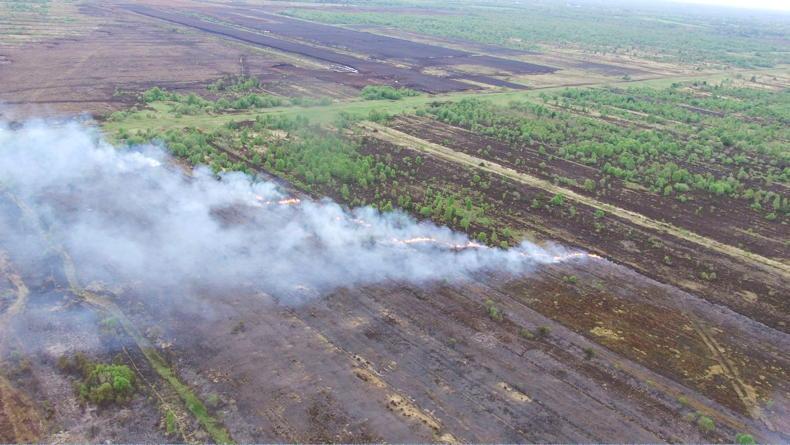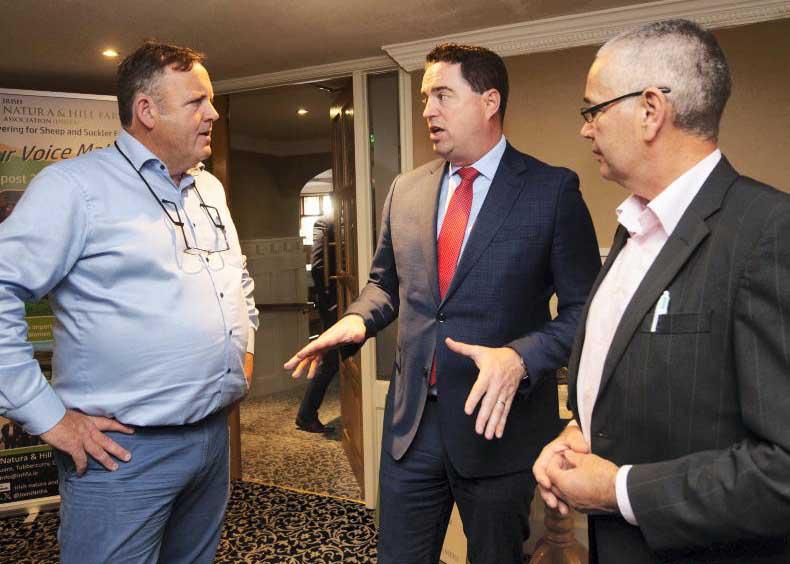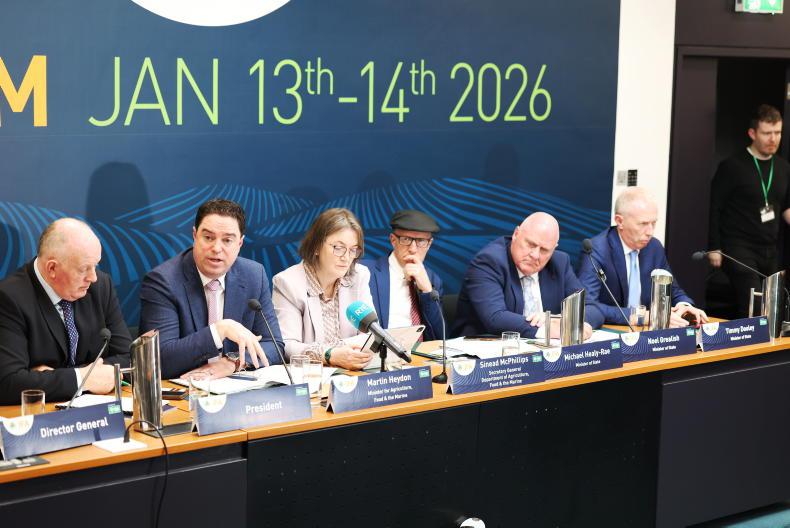Land values are set to take a serious hit due to rewetting and other actions introduced under the proposed nature restoration law.
The Irish Natura and Hill Farmers Association (INHFA) maintained that a collapse in the value of drained peatlands was a likely consequence of rewetting and rewilding.
Pointing out that the market price of upland and bog had been slashed as a result of environmental designations, INHFA president Vincent Roddy warned that a similar fall in the value of rewet peatlands was a distinct possibility.
Designated lands are generally selling for €500/ac to €700/ac in the west and northwest, according to auctioneers contacted by the Irish Farmers Journal.
However, given that rough ground for forestry is making a base of €5,000-6,000/ac, the impact of designations on the value of land is obvious.
Roddy contended that the severe farming and land-use restrictions imposed by environmental designations was the primary reason for the low prices.
The INHFA leader warned that the rewetting and rewilding policies proposed under the nature restoration law will have similar implications for peatland farmers in terms of income losses and land devaluation.
With farming activity severely restricted on rewet peatlands, and uncertainty around carbon rights, Roddy claimed that State subsidies will possibly be the only income source available on this ground.
“Who then would consider buying rewet lands; and could we see a situation that the only viable purchaser would be the State,” the INHFA leader asked.
Roddy claimed that there were further downstream implications from rewetting and rewilding.
“For farmers who have borrowed using land as security, what happens if this land is rewet and devalued,” the INHFA leader asked.
Land devaluations as a consequence of rewetting or rewilding will also hit the borrowing capacity of farm units, Roddy maintained.
Ireland could potentially have to rewet around 300,000ha of drained peatlands by 2050 under the proposed law.










SHARING OPTIONS